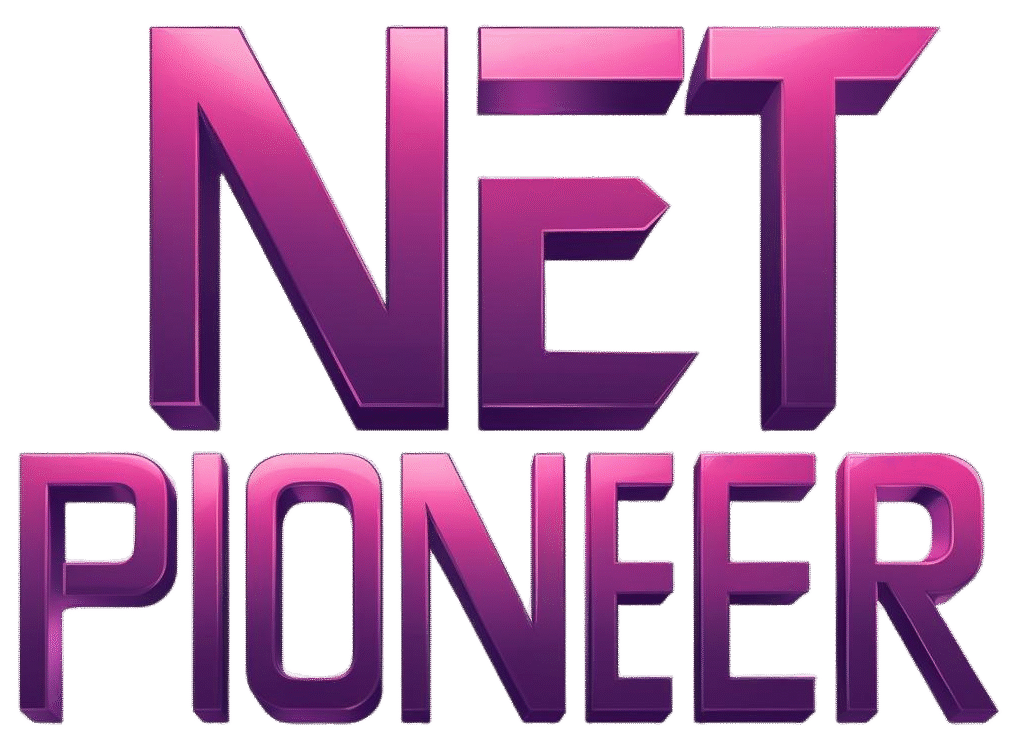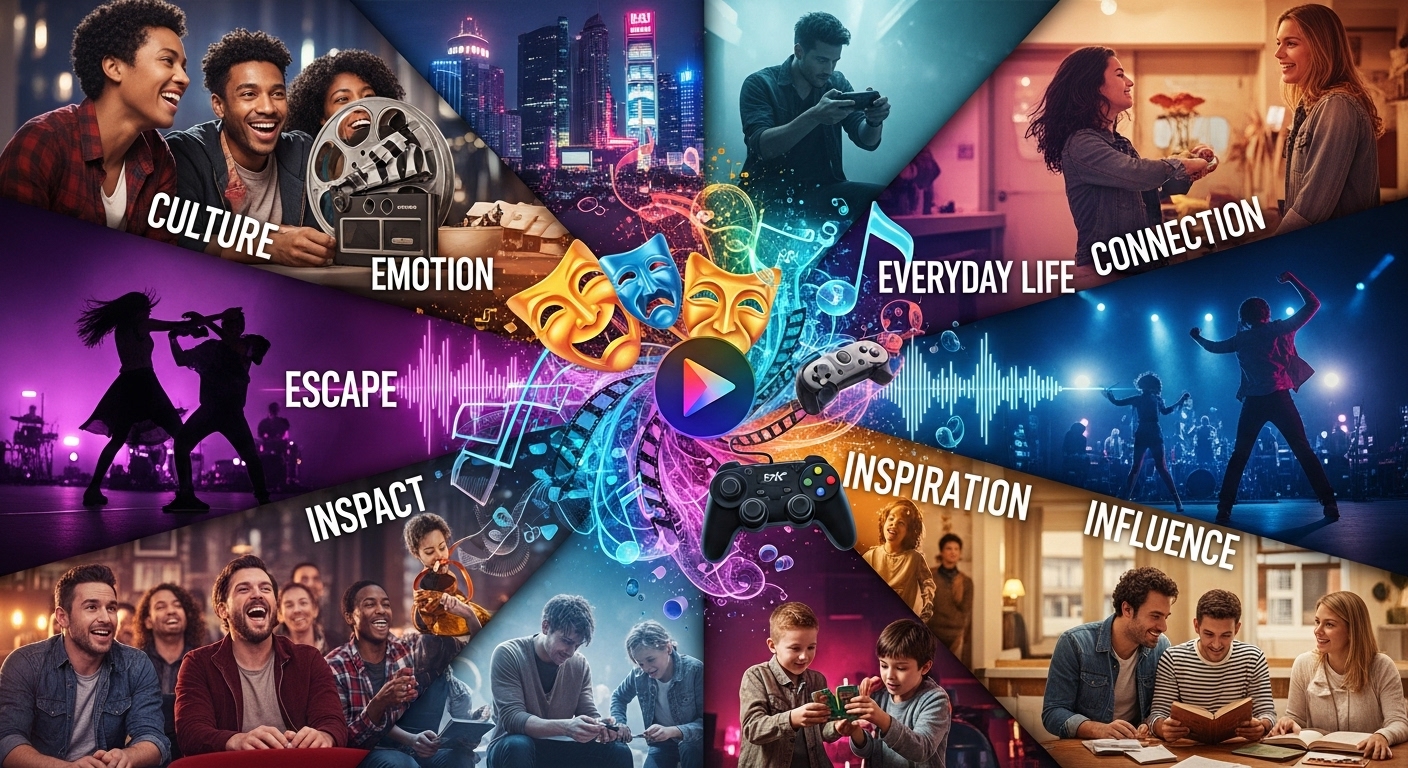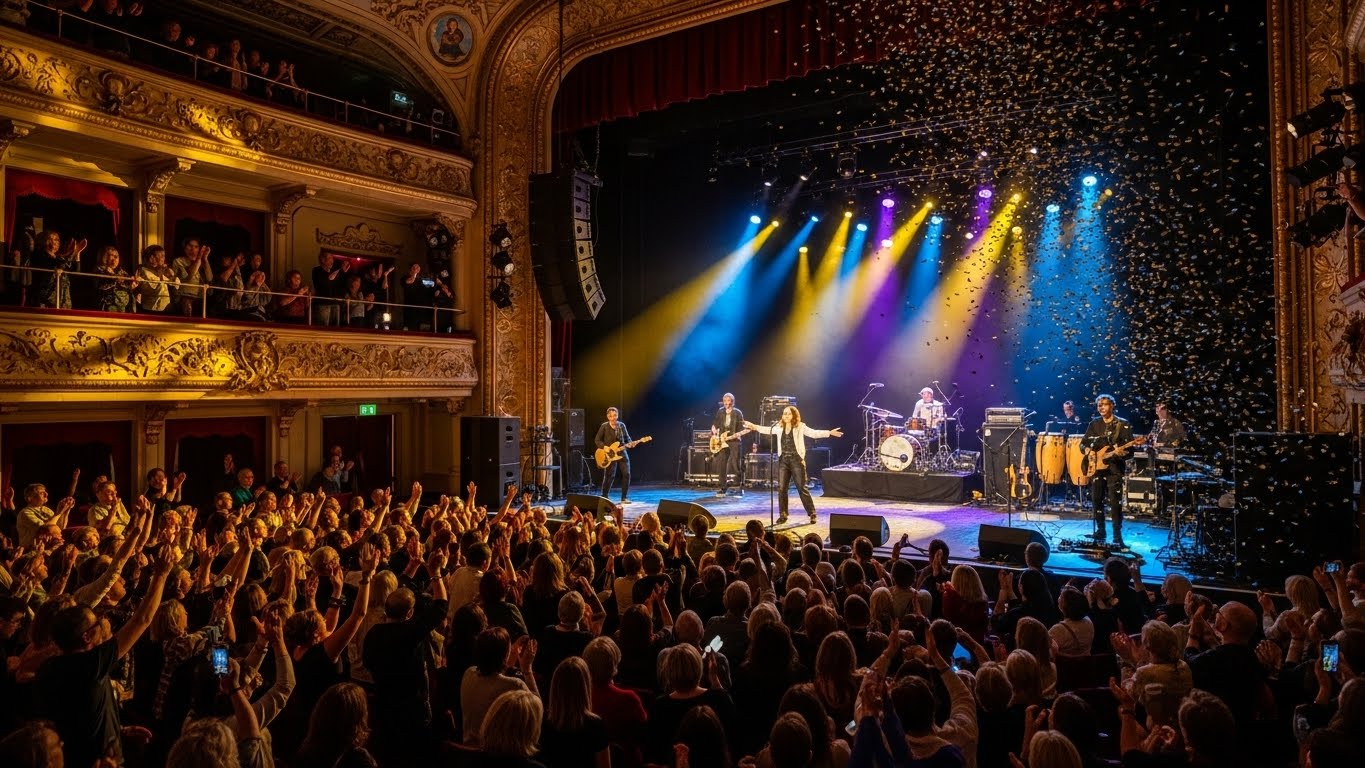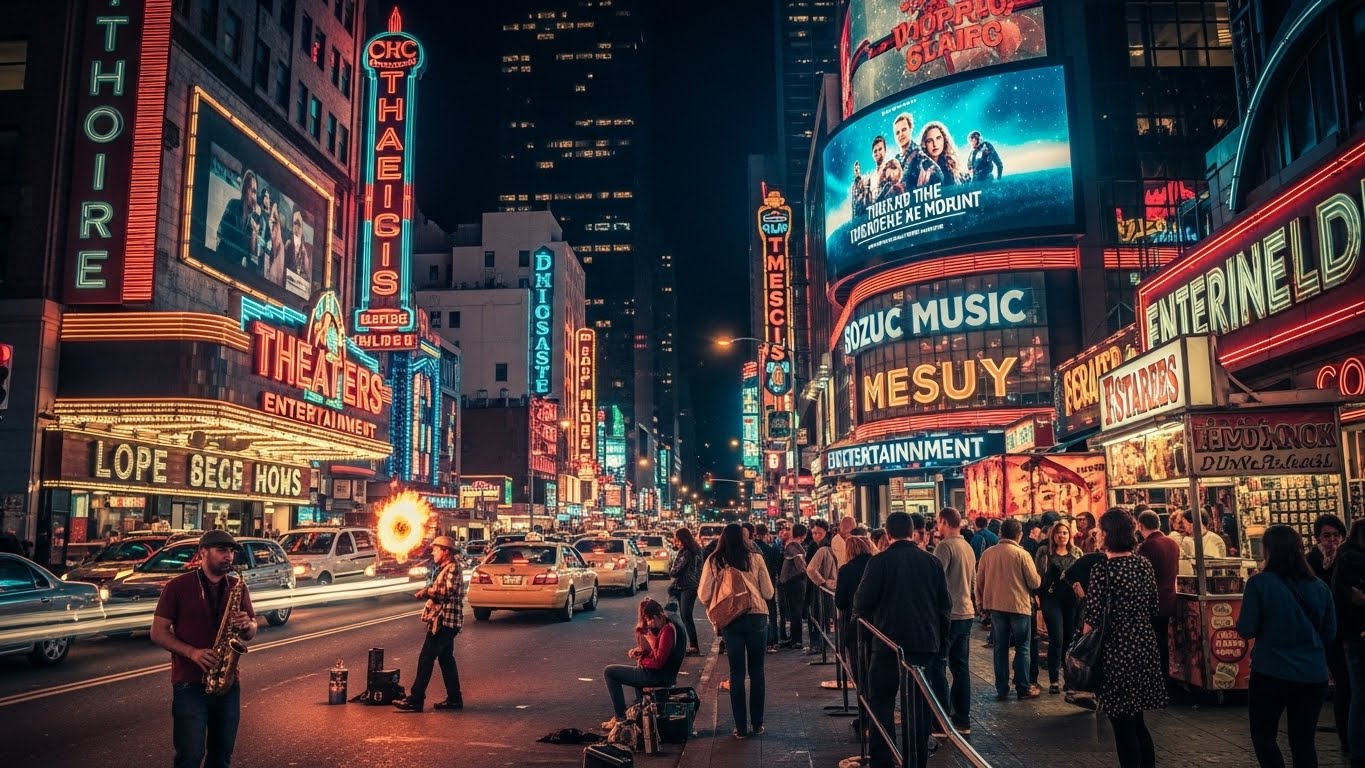Entertainment has always been an inseparable part of human civilization. From the earliest stories told around campfires to the spectacular performances streamed across the world today, entertainment has evolved in countless ways while maintaining its core purpose: to engage, inspire, and bring people together. It reflects our emotions, our dreams, and our shared human experience. As technology and culture advance, entertainment continuously reinvents itself, becoming a global language that transcends borders and generations.
The Origins of Human Entertainment
In the beginning, entertainment was simple yet meaningful. Early humans used storytelling, rhythm, and dance as a way to communicate and express emotions. Around fires or in open spaces, tribes shared stories that blended fact and imagination, turning oral traditions into the earliest form of narrative art. These stories taught lessons, celebrated victories, and preserved cultural identity.
As communities grew into civilizations, entertainment became more structured. Ancient Egyptians used music and dance in their rituals. The Greeks developed theater as a way to explore human nature and morality. Roman arenas hosted grand spectacles that combined athleticism and performance. In Asia, traditions like Chinese opera and Japanese Noh theater brought elaborate costumes, poetry, and music together. Entertainment was not merely for fun—it was an art form, a teacher, and a unifier.
The Rise of Performance and Theater
Theater became one of the earliest and most profound expressions of entertainment. Greek playwrights such as Sophocles and Aristophanes explored themes of love, war, and destiny, setting the foundation for dramatic storytelling. The design of ancient amphitheaters allowed thousands to witness emotional performances under open skies, making entertainment both a communal and artistic experience.
Over time, theater evolved to include new forms and languages. In medieval Europe, morality plays and traveling performers entertained and educated audiences about religious and social values. During the Renaissance, theater became a symbol of cultural rebirth. Writers like William Shakespeare transformed storytelling with complex characters, poetic dialogue, and timeless themes. His plays continue to shape entertainment today, influencing film, television, and literature.
The power of theater lies in its intimacy. It allows performers and audiences to share a space, to breathe the same air, and to experience emotion in real time. Even in the digital age, theater remains a powerful reminder that entertainment began with live human connection.
The Evolution of Music and Dance
Music is often described as the heartbeat of entertainment. It predates written language and speaks directly to emotion. Ancient instruments—drums, harps, and flutes—became tools for storytelling and celebration. Over centuries, music grew from folk traditions to complex symphonies and global pop phenomena.
In the classical era, composers like Mozart and Beethoven gave music structure and sophistication, turning it into a universal language. In the twentieth century, technology transformed music into a global industry. Radio, records, and television made songs accessible to billions. Jazz, rock, hip-hop, and pop each shaped cultural movements, giving voice to generations.
Dance, intertwined with music, adds physical expression to rhythm. From traditional folk dances to modern street performances, it bridges culture and creativity. Every movement tells a story. Together, music and dance have remained the most universal forms of entertainment—expressions of joy, sorrow, rebellion, and love.
The Golden Age of Cinema
Cinema revolutionized entertainment like nothing before it. When moving pictures were first introduced in the late nineteenth century, they fascinated audiences with the simple act of motion. But soon, filmmakers discovered storytelling potential in the medium. Silent films with expressive actors captured universal emotions without dialogue.
Then came sound, color, and the rise of Hollywood. The twentieth century became the golden age of cinema. Movie stars became icons, and directors became visionaries. Films such as Casablanca, The Godfather, and Star Wars shaped popular culture and redefined artistic storytelling. Cinema became both art and industry, an escape from reality and a reflection of it.
Beyond Hollywood, other film industries—Bollywood in India, European art cinema, and Japanese anime—expanded the global cinematic landscape. Each brought unique styles, narratives, and emotional depth. Today, cinema continues to evolve through digital effects and streaming platforms, proving that visual storytelling remains one of humanity’s greatest creative achievements.
The Age of Television
Television changed how entertainment reached people. Instead of traveling to theaters, audiences could now experience performances from their living rooms. The television became a window to the world, broadcasting news, drama, sports, and comedy directly into homes.
In its early years, television united families. People gathered to watch live shows, variety programs, and classic sitcoms. It became part of daily life and culture. Over the decades, television genres diversified—soap operas, documentaries, game shows, and reality TV created a range of experiences. The serial storytelling format allowed deeper character development, turning TV into a serious art form.
With the rise of cable and satellite, television became even more expansive. Networks competed for attention, creating legendary shows that defined eras. The medium evolved further with the introduction of high-definition and digital broadcasting. Today, even as streaming takes over, traditional television remains a cornerstone of entertainment history.
The Digital Revolution in Entertainment
The digital age completely redefined entertainment. The internet transformed how people create, distribute, and consume content. Once dependent on studios and networks, creators now had direct access to audiences. Streaming services replaced physical media, and social media turned ordinary users into global entertainers.
This democratization of entertainment gave birth to a new era. Independent filmmakers, musicians, and comedians could reach millions without traditional gatekeepers. YouTube, podcasts, and social platforms became stages for creativity. The audience also changed—from passive consumers to active participants who engage, comment, and share.
The digital shift also blurred boundaries between different forms of entertainment. Music videos became short films. Video games turned into cinematic experiences. Online content began blending art, humor, and education. In this interconnected world, entertainment is no longer defined by medium—it is defined by engagement.
The Rise of Gaming as a Global Entertainment Powerhouse
Video games have grown into one of the largest and most influential forms of entertainment. What began as simple arcade games evolved into interactive worlds with deep narratives and stunning visuals. Gaming combines elements of storytelling, art, competition, and technology, offering unique emotional experiences.
Modern games rival blockbuster films in production value. They allow players to explore virtual worlds, make choices, and shape outcomes. The rise of esports transformed gaming into a professional sport watched by millions worldwide. Players became celebrities, and tournaments filled stadiums.
Beyond competition, gaming fosters creativity and social connection. Online multiplayer experiences bring people together across continents. Games also influence education, art, and science, proving that entertainment can be both playful and profound.
The Influence of Social Media on Modern Entertainment
Social media has reshaped the entertainment landscape completely. It turned every user into a potential creator, giving rise to influencers, streamers, and content creators. Platforms like TikTok and Instagram became launchpads for trends, music, and cultural movements.
What makes social media entertainment unique is its immediacy. It allows creators to connect directly with audiences, breaking the barriers of traditional fame. Short videos, challenges, and viral content dominate global attention, often setting the tone for mainstream entertainment.
Social media has also blurred the line between entertainment and everyday life. People not only consume content but participate in its creation. Memes, reactions, and commentary have become part of entertainment culture. This participatory model has made the industry more dynamic, interactive, and fast-paced than ever before.
The Globalization of Entertainment
Entertainment has become one of the most powerful forms of globalization. With digital technology and streaming platforms, content now travels instantly across borders. A film made in one country can gain international acclaim overnight. A song released in one language can top charts worldwide.
This global exchange of creativity has led to cultural blending. Korean pop music, Japanese anime, Indian cinema, and American television coexist and influence each other. Audiences today have unprecedented access to global art, broadening perspectives and promoting cultural understanding.
However, globalization also brings challenges. With so much content available, competition for attention is fierce. Yet, creativity continues to thrive, proving that good storytelling and genuine emotion remain universal languages.
The Business of Entertainment
Behind every movie, concert, or game lies a massive business ecosystem. The entertainment industry is one of the world’s largest economic sectors, generating billions annually and employing millions. It involves not just artists but producers, marketers, designers, and technicians who work behind the scenes to bring ideas to life.
The economics of entertainment have evolved dramatically. Traditional models based on ticket sales and advertising now coexist with digital subscriptions and influencer marketing. Data analytics help companies understand audience preferences, guiding what kind of content gets made.
Despite being profit-driven, the entertainment business relies on passion and creativity. Every hit film, chart-topping song, or viral video begins with an idea born from imagination. It is a constant balance between art and commerce.
The Emotional and Psychological Impact of Entertainment
Entertainment is not just about fun—it has deep psychological value. It helps people escape stress, find meaning, and explore emotions safely. Stories allow audiences to experience fear, joy, and sadness without real-world consequences. Music can heal, inspire, and unite. Films can challenge ideas and spark empathy.
Moreover, entertainment plays a crucial social role. It brings people together, whether through concerts, sports, or shared fandoms. During times of crisis, entertainment provides comfort and hope. It helps individuals connect with others and with themselves.
The emotional bond between artist and audience is what makes entertainment timeless. No technology or trend can replace that human connection.
Challenges in the Modern Entertainment World
As entertainment evolves, it faces new challenges. The sheer volume of content has made it harder for artists to stand out. Algorithms often dictate visibility, sometimes prioritizing popularity over originality. The pressure to constantly produce can lead to creative burnout.
The rise of digital fame has also exposed artists to intense public scrutiny. Mental health has become a growing concern in an industry that thrives on attention and perfection. The spread of misinformation and piracy further complicates the landscape.
However, these challenges also inspire innovation. New creators continue to find fresh ways to tell stories and connect with audiences. Entertainment, by nature, adapts and survives.
The Future of Entertainment
The future promises even greater transformation. Virtual reality and augmented reality are already creating immersive worlds where audiences become part of the story. Artificial intelligence is being used to generate art, compose music, and even write scripts. The metaverse—an interconnected digital universe—could become the next major stage for entertainment.
Personalization will define the future. Audiences will have tailored experiences based on preferences, emotions, and interactions. But even as technology advances, creativity will remain at the heart of it all. The tools may change, but the human desire to express and connect will never fade.
Conclusion
Entertainment is a mirror of humanity. It captures emotions, reflects cultures, and evolves alongside society. From ancient rituals to digital revolutions, it has remained the heartbeat of civilization. It gives people joy, understanding, and unity.
Whether through a melody, a story, a dance, or a film, entertainment will always be humanity’s way of celebrating life. Its forms may change, but its spirit is eternal. It reminds us that creativity and imagination are what make us human—and through entertainment, we share that humanity with the world.



